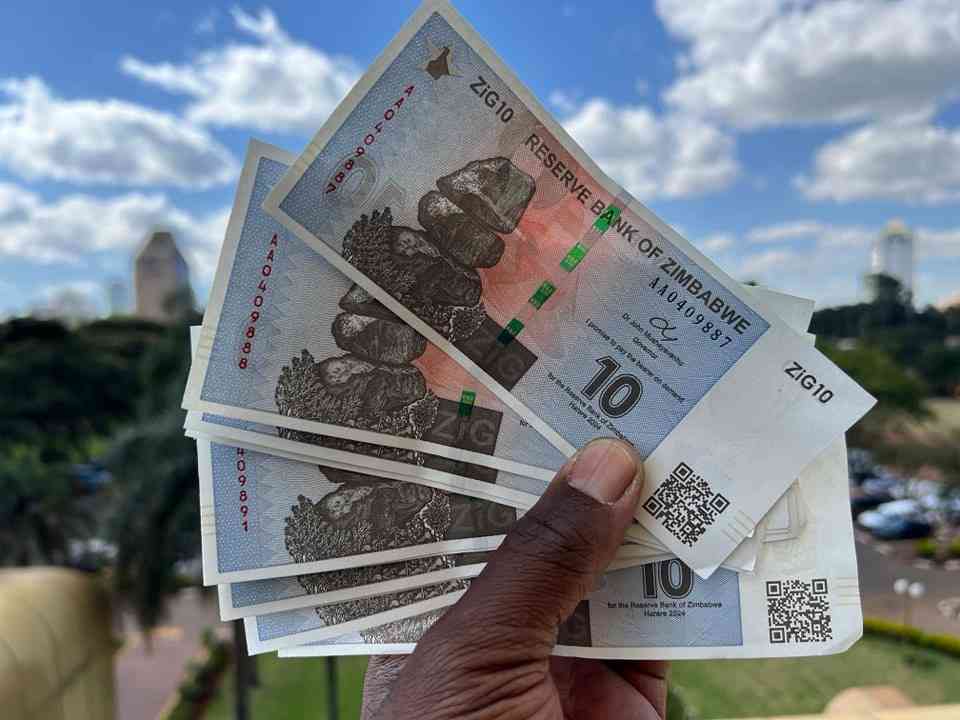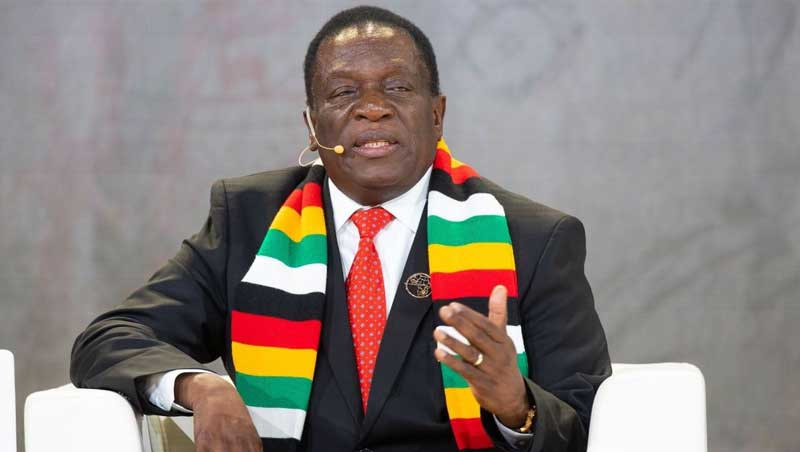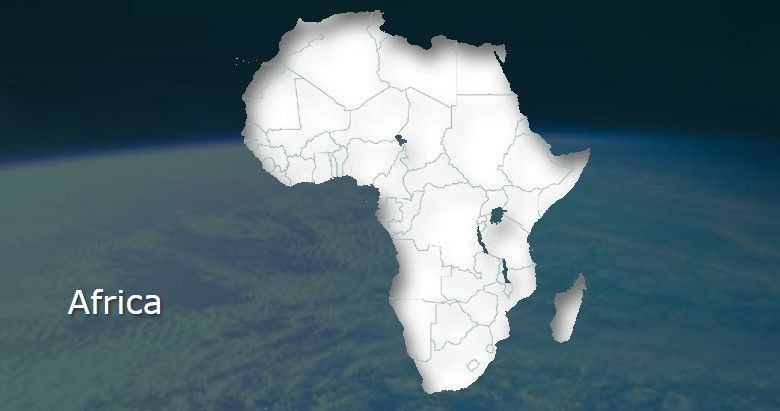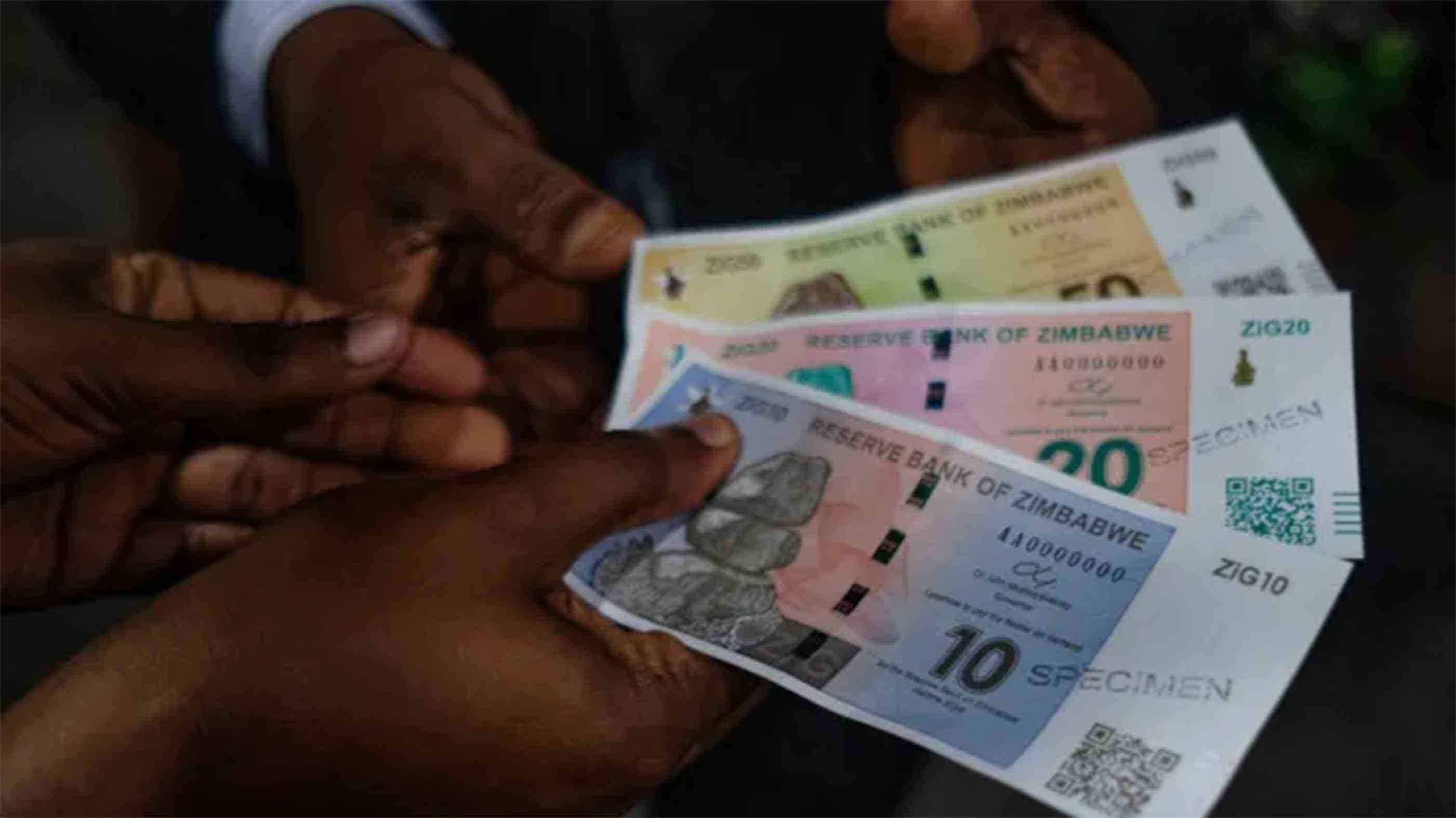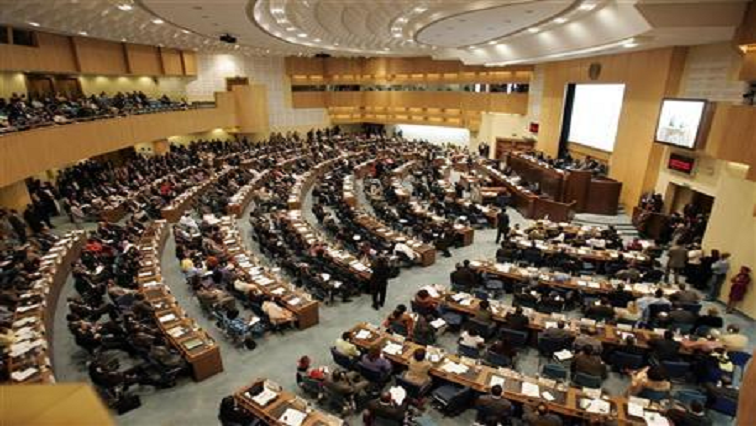
By Reinford Khumalo States all over the African Union have created a system of individual indispensable men under the guise of helping or turning around national institutions or State-owned enterprises (SOEs) that have become dysfunctional through neglect.
Justification is found, therefore, to appoint strongmen that are well connected to government. The priority set for the appointee is the position, the package and other hefty benefits the incumbent will get. That becomes priority number one and is said to be meant to attract the incumbent.
The rest that ought to be key, such as turning around the SOE and where the resources to do so would come from is not mentioned but left to the discretion of the strongman — an act further confirming the woodwinking of the members of the public into thinking that the appointee knows what he is appointed to do. This becomes a deliberate ploy to create strongmen for themselves.
The chief executive officer (CEO) is being favoured with the position for his/her sake and not to serve the SOE or nation. This corrupts the position from the onset. Political affiliation is critical in getting the position.
Whenever the CEO is asked to highlight his achievements after the first phase of his/her appointment, the best he/she can point at are the perks and benefits he/she is getting, the flashy executive cars he/she has been given, the number of board meetings he/she has attended and the sitting allowances she/he has received therefrom.
The position is reduced into serving an individual instead of serving the nation.
SOEs ought to satisfy national economic priorities such as achieving employment goals, raising standards of living for all citizens, improving infrastructure, contributing extensively towards cleaning the environment, and the provision of clean water for all.
Positions of CEOs have been reduced to self-serving positions designed to satisfy the egos of the appointees instead of achieving sustainable goals for the nation. An inertia of a negative downward spiral has been created in our SOEs. An unbreakable trend has been set.
- Chamisa under fire over US$120K donation
- Mavhunga puts DeMbare into Chibuku quarterfinals
- Pension funds bet on Cabora Bassa oilfields
- Councils defy govt fire tender directive
Keep Reading
Wrong cues have been provided for many ambitious youth desirous to build a career for themselves. The trend has become to focus on oneself using the position meant to benefit the nation — being an indispensable man for oneself and not for one’s nation.
Get as much as you can from the position that you hold is the idea. What ever happens, do not rock the boat. Keep within the confines of doing the routine. Safe mediocrity pays is the credo of the new African SOE, CEO.
It’s a sad day for African governments and our national institutions even of higher learning given the high levels of looting of meagre national resources by a select few that are supposed to manage them for the benefit of all.
The traditional CEO position in African States in general has been stripped of its lustre and inherent dignity that carried with it the aura of respect and pride for contributing to national objectives.
A typical CEO in the past would resign after a term in office if he/she failed to meet the goals she set out to achieve for the corporation, an illustration of the authentic indispensable man.
We need strongmen for our nations. There is no service greater than that offered selflessly for others and for one’s nation. We need credible men and women in leadership positions in Africa.
Men and women who are indispensable for the nation and not for themselves. Men and women who cannot be bought or sold. Men whose commitment to duty is as true as the needle is to the pole.
- Reinford Khumalo is a professor of business leadership and organisational behaviour. He writes here in his personal capacity.

